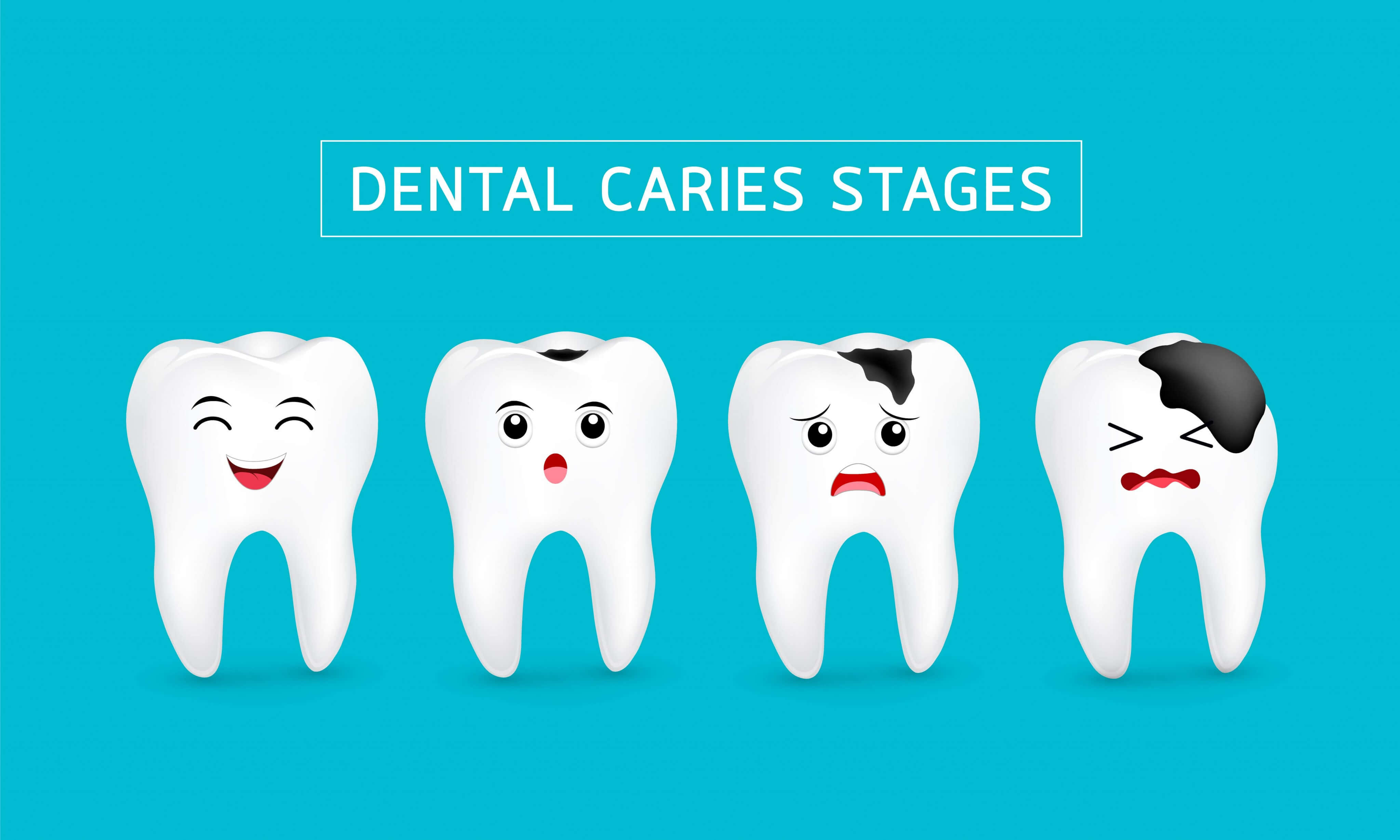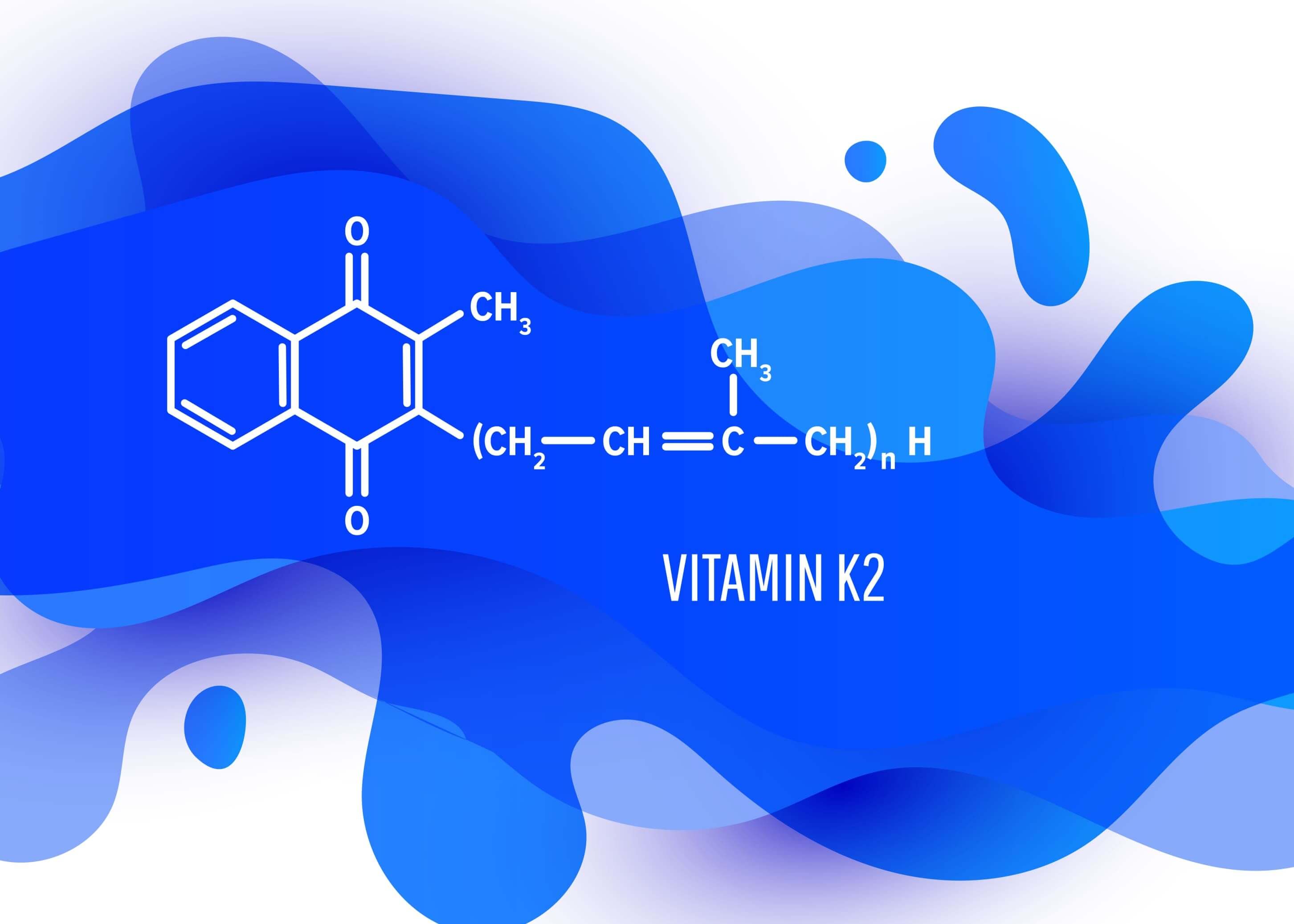A High Fat, High Protein Diet is Best For Your Teeth
Diet is More Important Than Teeth Brushing
Many dentists believe that tooth decay is driven by a lack of brushing, insufficient fluoride
and excess sugar. This is true to an extent - brushing aids oral health, and a diet rich in sugar increases the
likelihood of decay. We believe that fluoride does more harm than good
to oral health, but that’s not the point of this article. The point of this article is to say that teeth brushing and avoidance of
sugar is important, just not as important as following a diet that is high in protein and fat. The best thing you
can do to prevent tooth decay and improve your oral health is to change your diet to one that is high in protein and fat.
We frequently see this at our clinic, especially in children whose parents are puzzled as to why their child is
prone to tooth decay even if they regularly brush and floss. The driving force behind decay is typically diet
- specifically one that is low in protein and fat. This begs the question; how do protein and fat benefit oral health?
How Does Protein and Fat Benefit Oral Health?
A diet rich in protein and fat benefits oral health on several fronts:
- Carbohydrates and sugar are bad for oral health
- Sugar affects hormones which lead to decay
- Fats and protein aid absorption of fat-soluble minerals like vitamin A, D and K2
- Vitamin K2 promotes the growth of dentin
- Fats and protein help push calcium into the bone and teeth instead of joints
- Adequate heme iron .....
Additionally, research has shown that low iron levels are associated with higher incidences of tooth decay. Red meat is an excellent source
of bioavailable iron, so including it in your child's diet on a regular basis can help promote healthy teeth . Iron
deficiency can be a major factor underlying early childhood dental decay.
Iron is essential for the proper development and maintenance of teeth and bones. Without sufficient iron, the teeth may be more susceptible
to decay and erosion, which can lead to cavities and other dental problems.
Signs and symptoms of iron deficiency can include:
- Fatigue and weakness
- Pale skin and nails
- Shortness of breath
- Headaches
- Dizziness or light-headedness
- Chest pain
- Cold hands and feet
- Irregular heartbeat
- Brittle nails
- Craving for non-food items (pica)
- Attention and concentration problems
In addition to dental decay, iron deficiency can also lead to a number of other health problems, including anemia, delayed growth and development, and cognitive impairment.
Sugar and Refined Carbohydrates are Bad for Oral Health
First, it is essential to understand how sugars and refined carbohydrates harm oral
health. Carbohydrates and sugar are essentially the same - carbohydrates are converted to glucose (sugar) as the mouth breaks them down. At
this point, they begin fermenting in the mouth - resulting in a drop in pH levels which
also affects saliva production. Ultimately, carbs convert to sugar and sugar converts to acid, which erodes the teeth
and causes decay. A diet high in protein and fat will typically be low in carbohydrates and sugar - thus making the teeth more resistant to
decay.
Sugar Affects Hormones Which Reverses Dentinal Fluid Flow
Teeth are made up of three layers; enamel (outer layer), dentin (middle layer) and the pulp
chamber
(inner layer). Contrary to popular belief, the teeth are not solid, and fluid moves between these three layers. This movement of fluid is
known as ‘dentinal fluid transport’. Ideally, dentinal fluid will flow from inside to outside the
tooth (starting in the pulp chamber and ending in the mouth). However, a high sugar diet can reverse this fluid flow,
causing bacteria and acids to flow into the tooth instead of out of the tooth. When this happens, the teeth are more susceptible to decay.
A diet rich in protein and fat and low in sugar means that dentinal fluid will flow from inside to outside the tooth, thus ensuring the teeth are more resistant to decay. To read more about dentinal fluid transport and how it causes tooth decay, click here.

Tooth Decay: What Causes Tooth Decay?
There is a common misconception that bacteria - or plaque - causes tooth decay. However, tooth decay can begin from inside the
tooth - not only from the outside as is commonly thought...

Vitamin K2 and its Benefits for the Teeth
Dr Weston A Price, throughout his studies of primitive tribes, discovered a substance (later identified as vitamin K2) that helped protect people from tooth decay and chronic disease...
Fats and Protein Help Absorb Key Vitamins (A, D and K2)
Vitamin A, vitamin D and vitamin K2 are all essential to the health of the teeth. They are all fat-soluble -
meaning they can only be dissolved and absorbed in fat. Thus, a diet rich in protein and fat is essential for the supply and the absorption
of these critical vitamins.
Vitamin K2 Promotes the Growth of Dentin
The formation of dentin (the middle layer of the tooth) is reliant on osteocalcin (a
calcium-binding protein). The synthesis and activation of osteocalcin are reliant on vitamin K2. The formation of dentin makes the teeth
more resistant to decay. As mentioned above, vitamin K2 is absorbed through fats - highlighting how a diet rich in
protein and fat benefits oral health.
Vitamin K2 Improves Density of the Teeth
The primary role of vitamin K2 is to push calcium into the bones and teeth instead of the joints. When calcium is
pushed into the teeth, the teeth become denser, making them further resistant to decay. When calcium is deposited
into the joints (instead of the bones and teeth), the teeth are weaker and more susceptible to decay.
Improve Your Oral Health With Proper Diet
So you can see how improving oral health is not simply a matter of brushing, flossing and regular trips to the dentist. A properly
formulated diet that is high in protein and fat
will aid in the defence against tooth decay and will bolster your oral and total body health.

